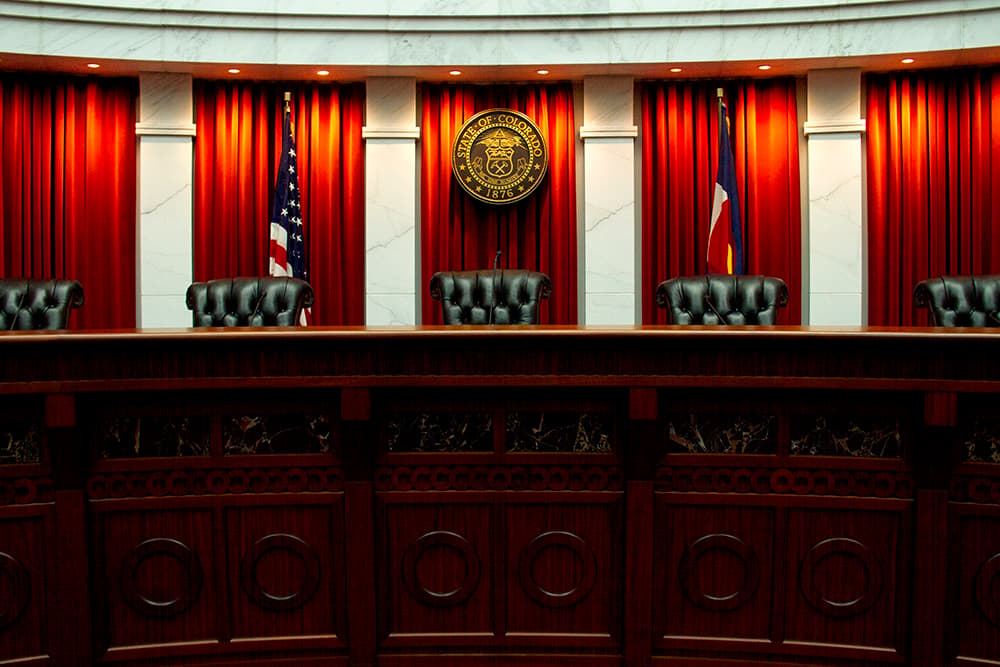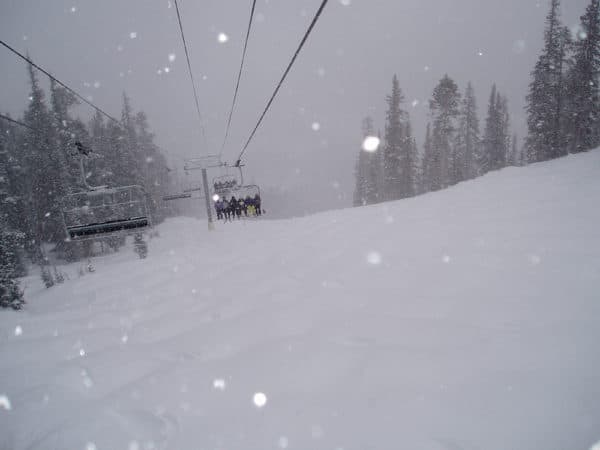
The Colorado Supreme Court this week concluded a deep examination of snow, skiing and avalanches – and the justices came away with a ruling that underlines the special legal powers held by ski resort operators here.
The question before the court was this: Just how much legal responsibility does a ski resort have to protect its customers from avalanches?
And the answer from the court's ruling was "pretty much none," at least when it comes to deciding civil lawsuits after injuries and deaths.
Let's start with the claims.
The court accepted the following as true:
- A man named Christopher Norris was killed in 2012 in an avalanche on Winter Park.
- He was riding Trestle Trees, a wooded part of the mountain where skiing is allowed.
- The state had issued an avalanche warning; Winter Park knew about the warning, and knew that unstable snow made for an avalanche threat on Trestle Trees.
- Winter Park didn't close the section or post any warnings.
Norris' widow sued Winter Park for negligence and wrongful death, arguing that the resort should have expected and worked to avoid the accident.
The resort's defense didn't focus on what you might expect. It wasn't about what Winter Park did or didn't do, what it did or didn't know.

Instead, IntraWest pointed to the Colorado law written just for ski resorts and their riders.
If you've been to a Colorado ski mountain, you've probably encountered the language of the state's Ski Safety Act. One of its main themes is that skiing and snowboarding are inherently risky.
In other words, the ski resort may have invited you to fly down a mountain on laminated wood, but that doesn't mean it's responsible for the accidents that might ensue.
In fact, the law specifically outlines all kinds of things that the resorts aren't responsible for, from bare spots to "changing snow conditions," and those protections have shut down countless injury and death lawsuits over the decades.
The law doesn't address avalanches – but the court decided that they're the same as any other hazard on the mountain.
The arguments got very detailed, focusing on the question of whether an avalanche was an event or merely a change of conditions. Ultimately, the court ruled that a tumbling wall of snow, like a rock or a tree, is an inherent hazard that the skier or snowboarder must avoid.
In part of her dissenting opinion, Justice Monica Márquez argued that this wrongly shifts the burden from expert ski-area operators to skiers and snowboarders who know a lot less.
"Unlike weather, snow conditions, or terrain, the average skier lacks the training or resources to perceive and assess the risk of an avalanche on any given slope on any given day," she wrote.
That leaves Winter Park with "no duty at all" to post avalanche warnings or close runs, she wrote.
"Under today’s holding, even a family of novice skiers traversing the mountain must be expected to look uphill, gauge the steepness of the slope, the quantity of fresh snow, and the multitude of other factors that avalanche forecasters consider, and assume the risk of being swept away by an avalanche," she wrote.
Joe Bloch, an attorney who consulted with the plaintiff early in the case, said that the ruling amounts to "immunity" for the resorts. For context, 11 people have died during inbound avalanches at U.S. resorts since 2000, the Denver Post reported.
So, will the resorts stop caring about avalanches now?
No. That would be crazy.
A ski resort that has a ton of inbounds avalanches is going to have more to worry about than just lawsuits. Also, it's worth noting that the law at the crux of this case applies only to civil lawsuits, not to criminal charges that can result from negligence.
Bloch sees the case two ways.
"From a legal standpoint, I was disappointed," he said.
Yet he also thinks that making resorts liable for avalanches would have resulted in the ski mountains being much more cautious, closing trails more often and potentially making skiing and snowboarding still more expensive.
Featured image credit (if you arrived here via social or search): (Connor Walberg/Snow Snow/Flickr)










